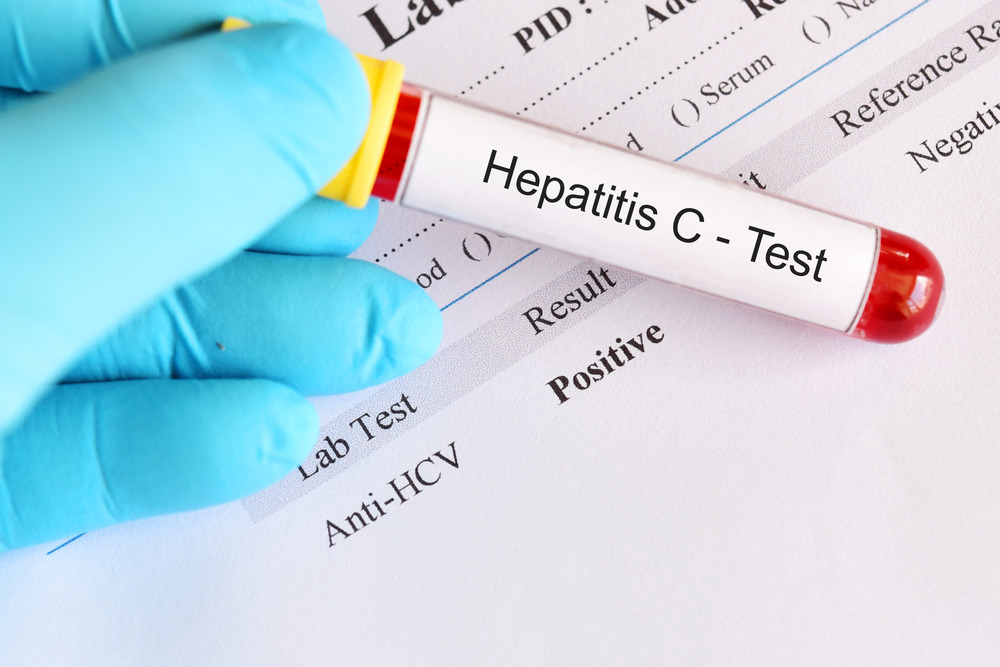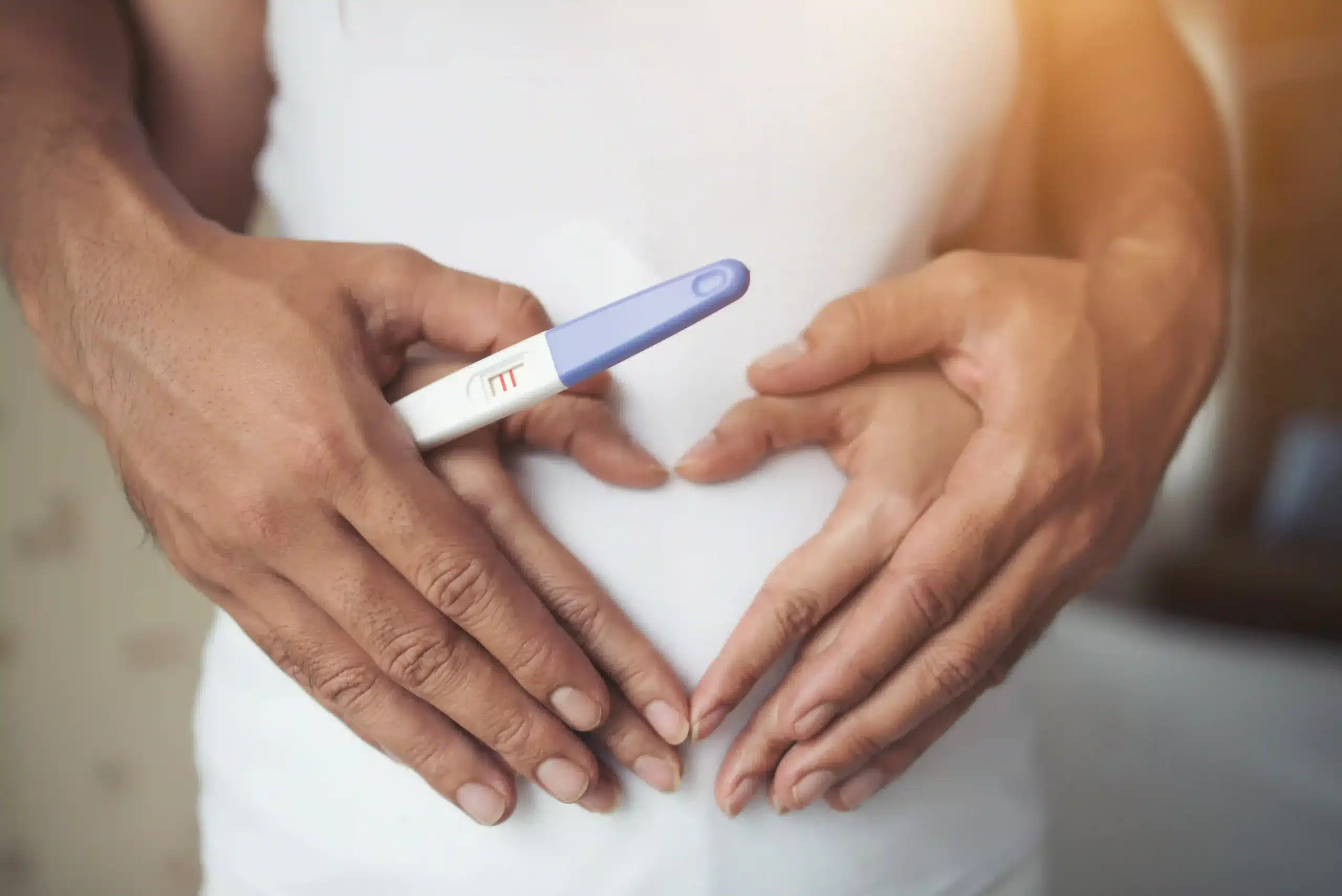
Hepatitis C, or HCV, is a serious viral infection that affects the liver and can lead to long-term health complications if it goes undiagnosed. One of the most important factors in getting accurate results from a hep C test is understanding the “window period,” which is the time between exposure to the virus and when a test can reliably detect it. If you get tested too early, the virus may not show up, leading to a false sense of security. In this blog, we will break down what the hepatitis C window period means, the different testing options available, when you should get tested, and what steps to take if you think you were recently exposed.
What Is the Hepatitis C Window Period?
The hepatitis C window period is the stretch of time between when you are exposed to the virus and when a test can pick it up. The virus may already be in your system, but your body has not yet produced enough antibodies, or the levels are not high enough for the test to detect. In simple terms, the infection is there, but it’s hiding from detection. This is why the window period matters so much; if you test too early, the results might come back negative even though you are carrying the virus. Understanding this timing helps you choose the right test and avoid false reassurance.
Types of Tests and Their Window Periods
There are several types of tests used to detect hepatitis C, each with its own window period. Some tests look for antibodies that your body creates in response to the infection, while others directly detect the virus in your blood. Knowing the difference can help you and your doctor decide which test makes sense based on your timing and situation.
HCV Antibody Test
The HCV antibody test detects antibodies produced by your immune system in response to the hepatitis C virus. These antibodies usually take weeks to develop after exposure, which means this test may not detect the virus in the earliest stages. For most people, the antibody test becomes reliable around 6 to 12 weeks after exposure. However, it cannot tell you whether the infection is current or if you had hepatitis C in the past and cleared it. If your test comes back positive, a follow-up RNA test is usually needed to confirm whether you still have an active infection.
HCV RNA Test
The HCV RNA test detects the genetic material of the virus in your blood. This test is more sensitive than the antibody test and can identify an infection much earlier. In some cases, the RNA test can show a positive result within one to two weeks after exposure. Because of its accuracy in the early stages, this test is often used if you believe you have been recently exposed or have a higher risk of infection. While it can detect the virus early, follow-up testing may still be needed to confirm results over time.
How Long Should You Wait Before Getting Tested?
The best time to get tested depends on the type of test being used and how recently you were exposed to HCV. Testing too early may lead to false negatives, while waiting too long may delay treatment and allow the infection to progress. If you think you have been exposed, your doctor may recommend an early RNA test, followed by an antibody test later on to confirm the results. Here is a breakdown of when each test is most useful.
| Time Since Exposure | Best Test Options | Potential Results |
| 1–2 weeks | HCV RNA test | Can pick up the virus itself very early |
| 3–5 weeks | HCV RNA or antigen test | Detects most early infections |
| 6–12 weeks | Antibody test | Shows if your immune system has responded to the virus |
| After 12 weeks | Antibody and RNA tests | Provide a clear picture of infection status |
Who Should Consider Getting Tested?
Anyone can contract hepatitis C, but certain people face a higher risk and should make testing a priority. Consider getting tested if any of the following circumstances apply to you.
- Shared needles or other drug-injection equipment
- Got a blood transfusion or an organ transplant before 1992
- Have ever been on long-term dialysis
- A person with hepatitis C gave birth to you
- Have unprotected sex with someone who has hepatitis C or is living with HIV
What to Do If You Think You Were Recently Exposed to Hep C
If you believe you were recently exposed to hepatitis C, the first step is to contact your doctor as soon as possible. An early RNA test may be recommended to check for infection within the first few weeks. While waiting for results, it is recommended to avoid donating blood, tissue, and organs to prevent potential transmission of the infection. It is also important to schedule follow-up tests, since a single test may not provide a complete picture of your status. Staying proactive during this time gives you the best chance to catch the infection early and to begin Hep C treatment if needed.
Summary
The hepatitis C window period plays a significant role in determining when you should get tested. While some tests can detect the virus within weeks, others require more time before results are reliable. Understanding this timeline ensures that you choose the right test and avoid false negatives. At Equality Health, we provide confidential hepatitis C testing and guidance so you can protect your health and take the right steps forward. If you think you may have been exposed, reach out to us today to schedule an appointment and get peace of mind.
Frequently Asked Questions (FAQs)
Yes, in most cases. By this time, both antibodies and viral RNA are usually detectable, giving an accurate picture of your infection status.
If you get tested too early, you may receive a false negative result because the virus or the antibodies may not yet be at detectable levels. In that case, your doctor may suggest an RNA test or retesting after a few weeks to confirm the diagnosis.
Yes, you can still transmit hepatitis C during the window period even if tests have not yet detected the virus. The infection is present in your blood, which means you can pass it on through blood-to-blood contact.
Yes, if you test negative but think you may have been exposed, it is recommended that you get retested later. The timing depends on when your exposure occurred and which test was initially administered.
It depends on the type of test. The RNA test can detect the virus within one to two weeks, whereas the antibody test typically takes 6 to 12 weeks to yield a positive result. For the most accurate results, your doctor may suggest combining both tests over time.




